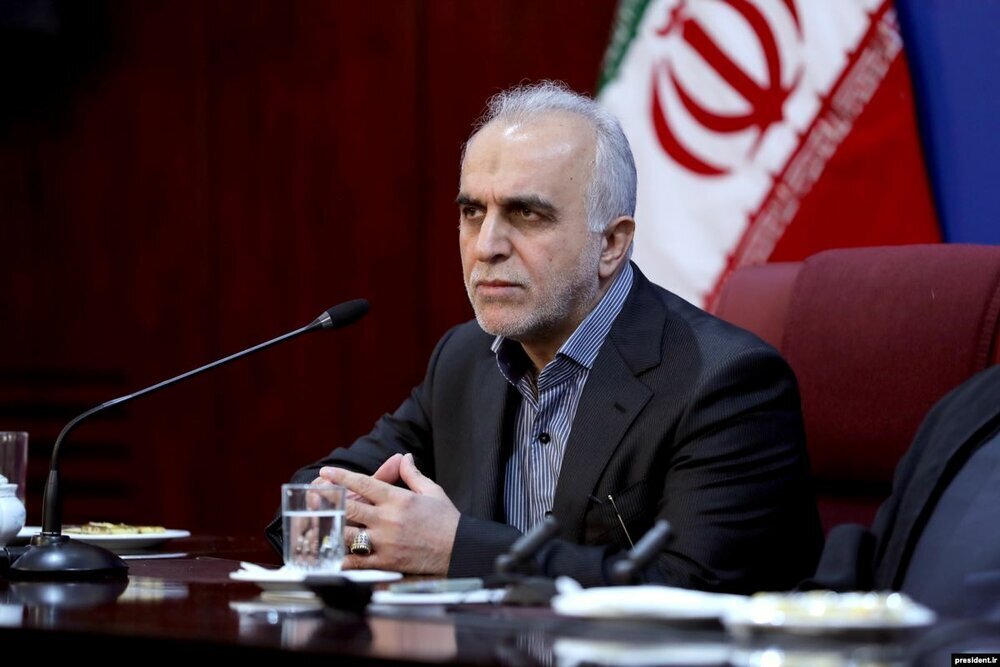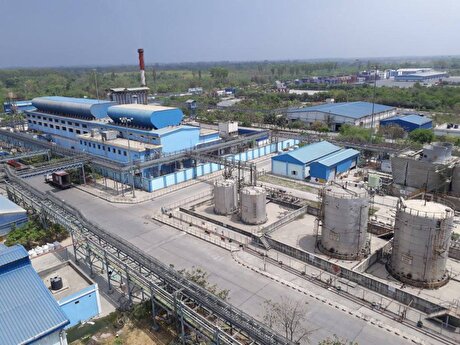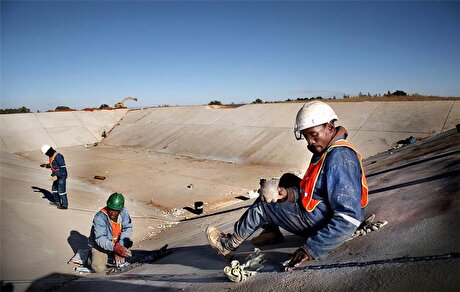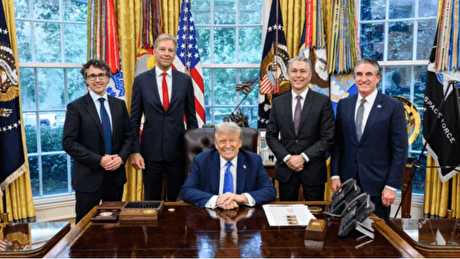
Finance minister calls for upgrading financial supervision system

In a meeting with his deputies on Thursday, Dejpasand voiced his appreciation for the positive performance of Deputy Economy Minister for Financial Supervision and Treasury Affairs Seyyed Rahmatollah Akrami and asked the official to prepare a model proposal to be handed to the presidential office.
Dejpasand mentioned the wide range of the treasury office’s duties saying “The job of this office is not merely receiving payments, or issuing checks, it has a variety of duties and hold great power.”
Management of government assets and debts, financial supervision, liquidity management, and financial reporting were among the treasury office’s duties mentioned by the finance minister.
Earlier this month, Dejpasand had announced that a comprehensive plan is underway to amend the country’s tax system.
The minister made the remarks in a meeting of the cabinet and Majlis Economic Committee members on July 8.
Dejpasand said the mentioned plan consists of 32 significant programs and 97 percent of it has been already realized.
To minimize the effects of sanctions on the country’s economy, Iran is adopting some new economic approaches and the main important one is to reduce reliance on the oil revenues.
To materialize this objective, the country has put strengthening domestic production, boosting non-oil exports especially to the neighbor countries, and collecting taxes more systematically on top of its economic policies.
Earlier this month, Dejpasand said that reducing the current year’s budget dependency on oil exports is the most important economic objective in the country; and his ministry is seriously following up defined tax policies to this end.


Hindustan Zinc to invest $438 million to build reprocessing plant

Gold price edges up as market awaits Fed minutes, Powell speech

Glencore trader who led ill-fated battery recycling push to exit

UBS lifts 2026 gold forecasts on US macro risks

Emirates Global Aluminium unit to exit Guinea after mine seized

Roshel, Swebor partner to produce ballistic-grade steel in Canada

Iron ore price dips on China blast furnace cuts, US trade restrictions

South Africa mining lobby gives draft law feedback with concerns

EverMetal launches US-based critical metals recycling platform

Barrick’s Reko Diq in line for $410M ADB backing

Gold price gains 1% as Powell gives dovish signal

Electra converts debt, launches $30M raise to jumpstart stalled cobalt refinery

Gold boom drives rising costs for Aussie producers

Vulcan Elements enters US rare earth magnet manufacturing race

Trump raises stakes over Resolution Copper project with BHP, Rio Tinto CEOs at White House

US seeks to stockpile cobalt for first time in decades

Trump weighs using $2 billion in CHIPS Act funding for critical minerals

Nevada army depot to serve as base for first US strategic minerals stockpile

Emirates Global Aluminium unit to exit Guinea after mine seized

Barrick’s Reko Diq in line for $410M ADB backing

Gold price gains 1% as Powell gives dovish signal

Electra converts debt, launches $30M raise to jumpstart stalled cobalt refinery

Gold boom drives rising costs for Aussie producers

Vulcan Elements enters US rare earth magnet manufacturing race

US seeks to stockpile cobalt for first time in decades

Trump weighs using $2 billion in CHIPS Act funding for critical minerals

Nevada army depot to serve as base for first US strategic minerals stockpile

Tailings could meet much of US critical mineral demand – study
















